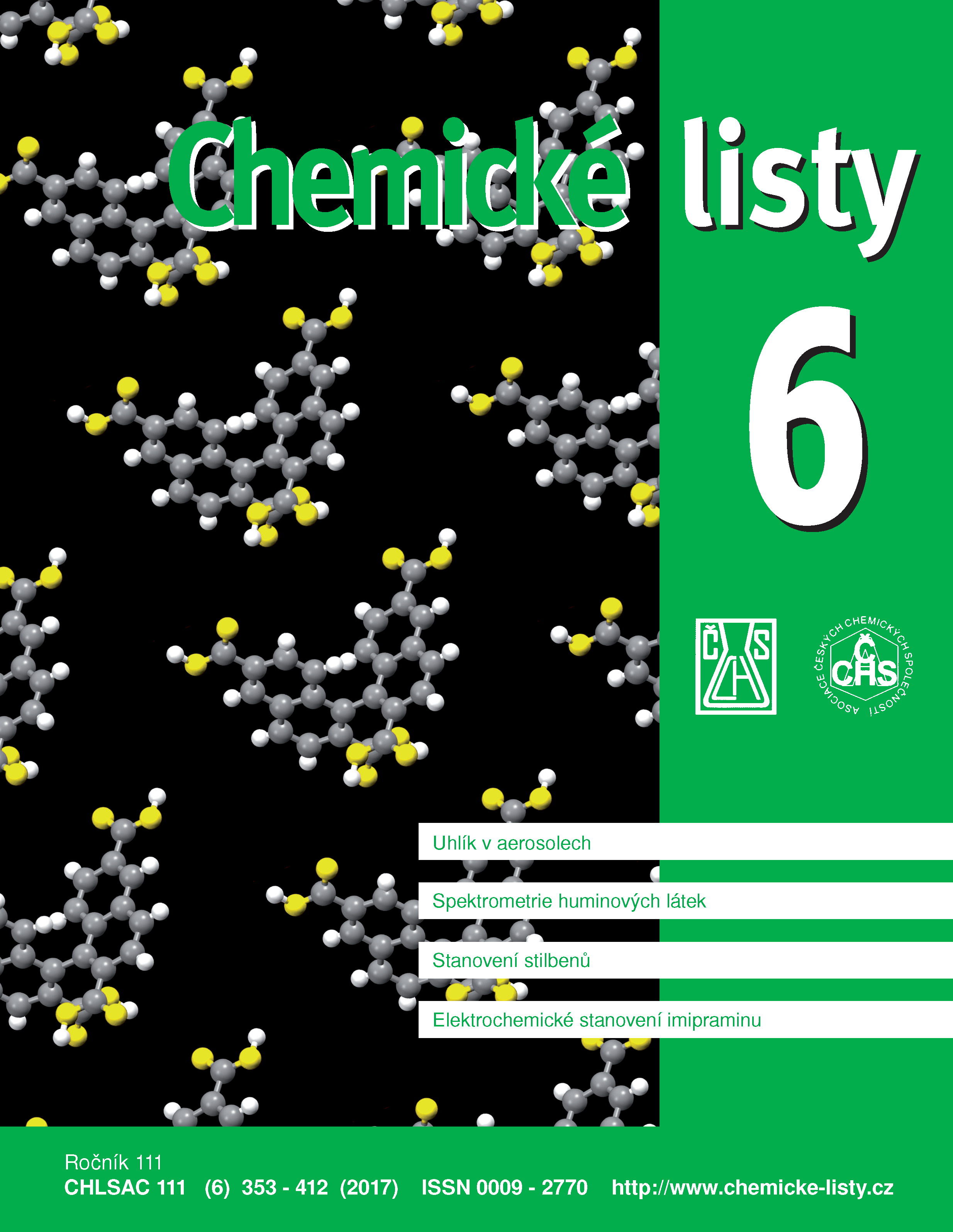Effect of Wastewater Pollution on the Development and Spread of Antibiotic Resistance in Bacteria
Keywords:
wastewater, wastewater treatment plant, resistance to antibiotics, hospitalsAbstract
Positive correlation between the high antibiotic consumption and the development of antibiotic resistance was confirmed throughout the world. The most important reservoirs of resistant bacteria and resistance genes are municipal and hospital wastewaters inflowing to the wastewater treatment plants (WWTPs). On the other hand, antibiotics get into wastewater in human urine and their subinhibitory concentrations generate a selective pressure on microorganisms in wastewater; thus, mutations leading to antibiotic resistance may occur. Nowadays, the prevalence and persistence of antibiotic resistance in bacterial pathogens have become an emerging threat to public health.





